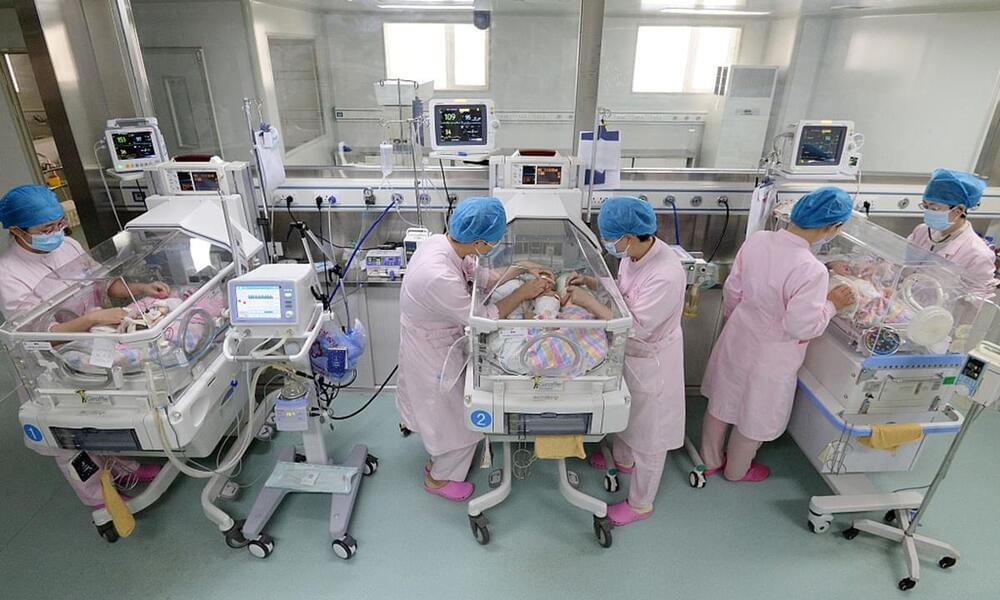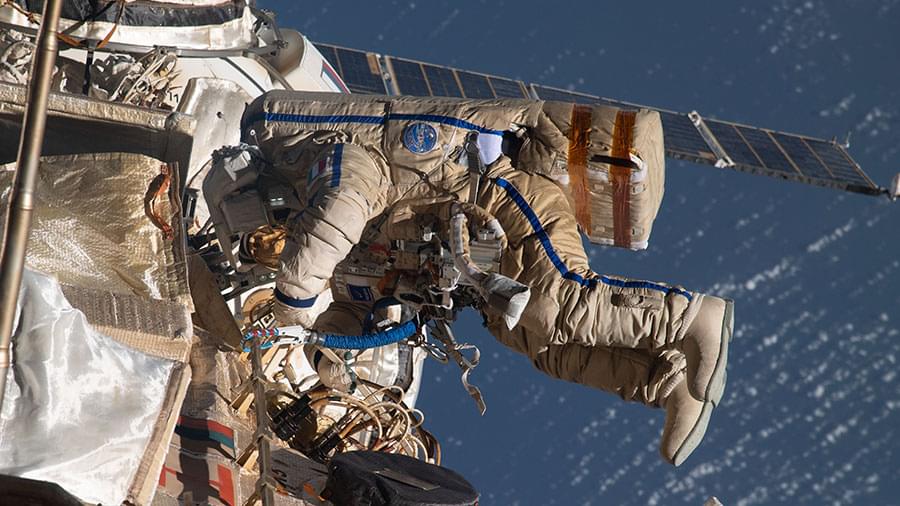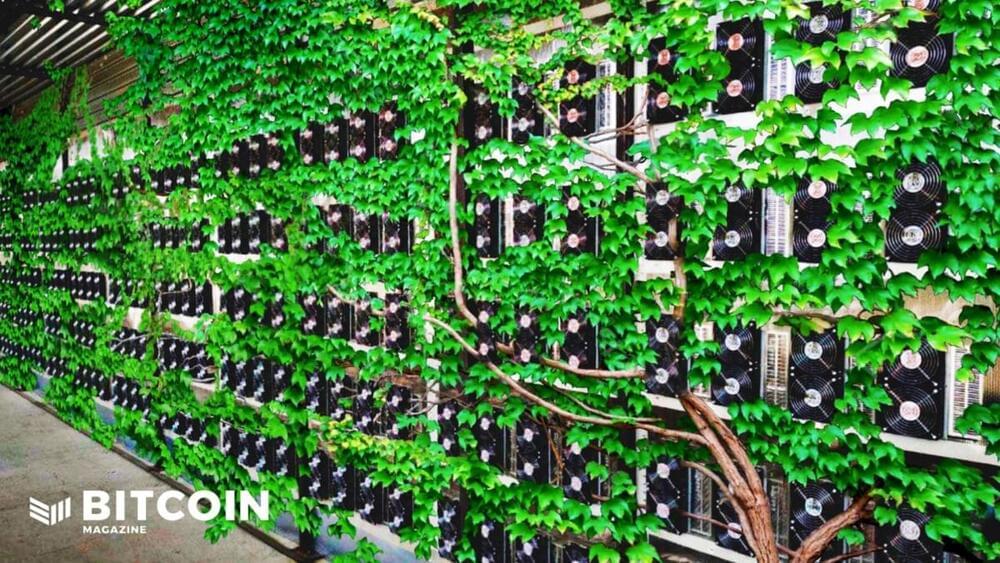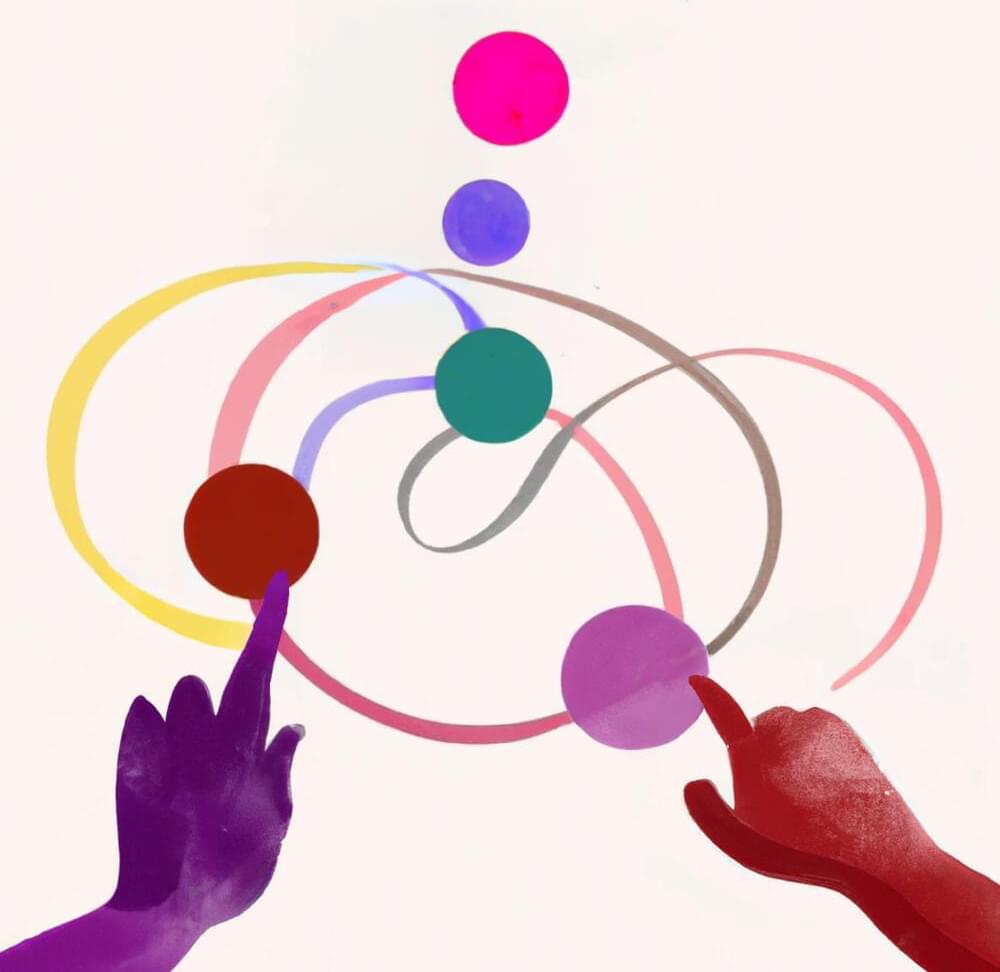The start of the Moon base begins with the Lunar Space Station going online. This is where Elon Musk’s SpaceX Lunar Starship, the HLS (Human Landing System) docks — picking up astronauts to take to the Lunar surface.
It only takes 3 days to reach the Moon. So technological development happens rapidly. From Lunar dust shields, a crater telescope, and a Boring Company tunnel digger digging out lava tubes for Lunar habitats, to a Lunar railroad using levitating cargo robots.
Additional footage from: NASA, ESA, SpaceX, ESA + Foster and Partners, Vladimir Vustyansky, ESO/M. Kornmesser, Relativity Space.
Thumbnail Credit (Used with Written Permission) — ICON and SEArch+
A Lunar Colony and Moon Base sci-fi documentary, and timelapse look into the future of living on the Moon.
See more of Venture City at my website: https://vx-c.com.
_______



